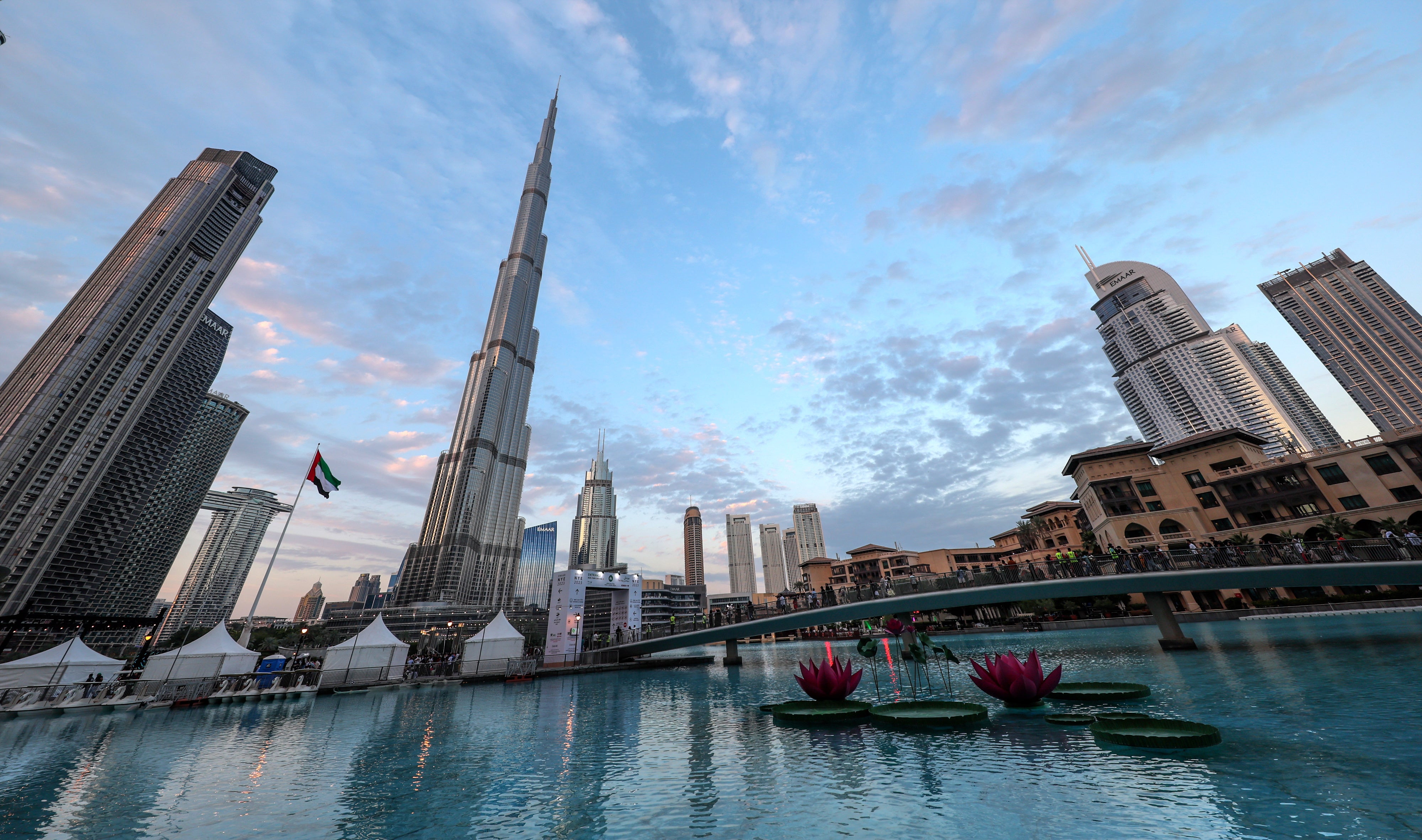Dubai scraps 30% alcohol tax and licence fee in ‘bid to boost tourism’
Trial suspensions came into effect on Sunday and will last for rest of 2023 as observers welcomed potential boost to hospitality

Your support helps us to tell the story
From reproductive rights to climate change to Big Tech, The Independent is on the ground when the story is developing. Whether it's investigating the financials of Elon Musk's pro-Trump PAC or producing our latest documentary, 'The A Word', which shines a light on the American women fighting for reproductive rights, we know how important it is to parse out the facts from the messaging.
At such a critical moment in US history, we need reporters on the ground. Your donation allows us to keep sending journalists to speak to both sides of the story.
The Independent is trusted by Americans across the entire political spectrum. And unlike many other quality news outlets, we choose not to lock Americans out of our reporting and analysis with paywalls. We believe quality journalism should be available to everyone, paid for by those who can afford it.
Your support makes all the difference.Dubai has scrapped a 30 per cent tax on alcohol and suspended a licence fee previously needed to purchase drinks in the city.
Experts said the change would lead to a boost in tourism as the emirate continues to recover from the pandemic downturn.
The trial suspensions came into effect on Sunday, and will stay in place until the end of the year.
“The cut should further support the tourism and hospitality sectors, after the strong recovery from the pandemic,” Monica Malik, Abu Dhabi Commercial Bank chief economist, told the FT.
“The move should also be welcomed by many residents, who are predominantly expatriates.”
Posting to Instagram on Sunday, MMI, one of two major purveyors of alcohol in Dubai, said: “With the removal of 30 per cent municipality tax and a free alcohol licence, buying your favourite drinks is now easier and cheaper than ever.”
MMI said prices in its outlets across the city now reflect the removal of the tax. Another retailer, African+Eastern, confirmed the tax no longer applied, but prices would remain subject to 5% VAT.
Dubai’s economy was quick to right itself following the economic shocks of the Covid pandemic, with its gross domestic product (GDP) growing by 4.6 per cent on year for the first nine months of 2022.
Tourism is a cornerstone of the Gulf city’s economy, and numbers of tourists visiting the commercial half increased by more than 180 per cent in the first half of 2022 over the corresponding 2021 period.
Certain Gulf states have introduced VAT as they increasingly turn to taxation to boost non-oil revenue.
While the UAE does not impose an income tax, it will introduce a nine per cent corporate tax from June on profits exceeding 375,000 dirhams (£84,700).
But Dubai, home to the world’s tallest building and islands shaped like palm trees, faces growing regional competition.
Saudi Arabia is investing billions to burnish its tourism appeal with efforts such as the Red Sea Project, while playing host to major cultural and sporting events.
The first casino in the Gulf, where Islamic rules have long kept gambling off limits, is expected to open in the emirate of Ras Al Khaimah in 2026, at a resort being built and operated by Wynn Resorts.
The Independent has contacted the Dubai Media Office for comment.
With agencies



Join our commenting forum
Join thought-provoking conversations, follow other Independent readers and see their replies
Comments